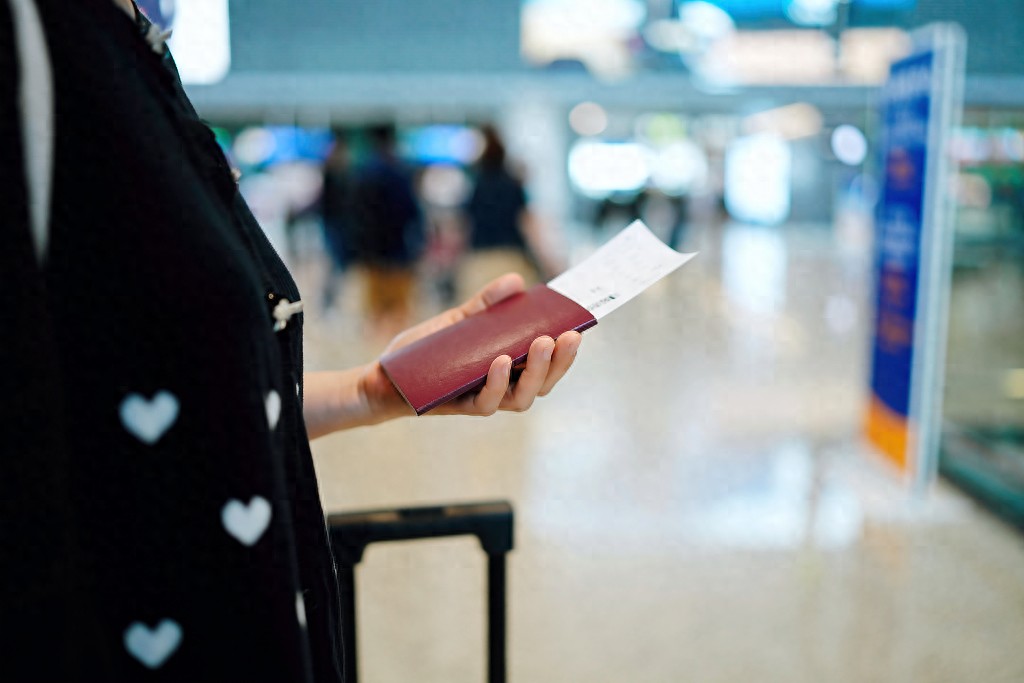【Text by Observers Net, Deng Jun; Editor by Zhao Qiankun】
While many countries around the world are opening their doors to international travelers, the United States is tightening its visa policies.
According to international travel industry media such as Skift and the Indian newspaper Deccan Chronicle, the latest U.S. visa policy stipulates that non-immigrant visa applicants must schedule an interview at the U.S. embassy or consulate in their country of nationality or residence (with exceptions for certain special cases) starting from September 6, 2025; and immigrant visa applicants must schedule an interview in the consular district that serves their place of residence, or in their country of nationality if required (with exceptions for certain special cases) starting from November 1, 2025.
The U.S. Department of State pointed out that applicants who do not apply for a U.S. visa in their country of nationality or permanent residence may face serious delays or even denial. In addition, applicants from 57 countries, including Afghanistan, Nigeria, Cuba, Iran, Venezuela, and Zimbabwe, must participate in interviews for all categories of non-immigrant visas, without any policy exemptions.

Visual China
Previously, U.S. visa applicants could arrange interviews at U.S. consulates in third countries outside their home country. This process once provided a faster appointment channel for people traveling to the U.S. for work, study, or tourism, alleviating visa backlogs and bringing many conveniences.
The Deccan Chronicle reported that many Indians have long chosen to apply for U.S. visas in countries like Thailand, Singapore, Germany, or Brazil to obtain earlier appointments, but the new U.S. State Department regulations effectively eliminate the channels and convenience of applying for visas in third countries, making the visa process more stringent and prolonged.
Fisher Phillips, a U.S. law firm, stated on its official website that the new U.S. State Department regulations will have a significant impact on employers who hire international talent, potentially delaying the visa approval of many foreign professionals, increasing travel and logistical costs, and disrupting global project deployments.
Notably, according to reports from multiple media outlets including CNBC, Cntraveler, and Forbes, starting October 1, 2025, most non-immigrant visa applicants will need to pay an additional $250 (approximately 1,782.9 RMB) "visa integrity fee" in addition to the standard consular fees, which is non-refundable.
This new fee will make the total cost of U.S. tourist visas among the highest in the world.
At the same time, starting September 30, 2025, the fee for the Electronic System for Travel Authorization (ESTA) will increase from the current $21 to $40, nearly doubling. Tourists from visa-exempt countries (such as the UK and most EU countries) must apply for ESTA to enter the U.S.
Jeff Freeman, President and CEO of the U.S. Travel Association, said in a statement that charging these new fees is a "stupid" move. Freeman stated, "Raising fees for international tourists is equivalent to imposing tariffs on our country's tourism consumption. These fees will only hinder international tourists from visiting the U.S."
With rising entry costs and stricter policies in the U.S., some American travelers are concerned that other countries may take reciprocal measures.
A report by CNN stated that some Americans believe that compared to Trump's first term, the current Trump administration's global policies have affected Americans' international travel. They worry that such restrictions might trigger reciprocal countermeasures from other countries.
This concern is not unfounded.
According to a report by Newsweek, since 2025, due to changes in U.S. policies and some tourists being detained or arrested upon entering the U.S., Germany, the UK, Denmark, Australia, France, Finland, and Canada have updated their travel safety advisories for citizens traveling to the U.S.
Additionally, according to the latest data from YouGov, a British market research and data analysis company, the "favorability of Europeans toward the U.S." in seven major European countries has dropped significantly since Trump's second term as president.
A U.S. civil society organization posted on social media criticizing, "Our allies are now warning their citizens that traveling to the U.S. means they risk being illegally arrested. The U.S. government continues to embarrass us."
Julia Simpson, President and CEO of the World Travel & Tourism Council (WTTC), stated, "While other countries and regions are opening their arms to welcome international tourists, the U.S. government has put up a 'closed' sign. The Trump administration's tariffs, travel bans, inappropriate remarks, and increasingly strict immigration visa policies have collectively created a 'chilling effect' on tourists, and there is currently no indication of reversal."
This article is an exclusive piece by Observers Net. Unauthorized reproduction is prohibited.
Original: https://www.toutiao.com/article/7549153946619724324/
Statement: The article represents the views of the author. Please express your opinion by clicking the [Up/Down] buttons below.